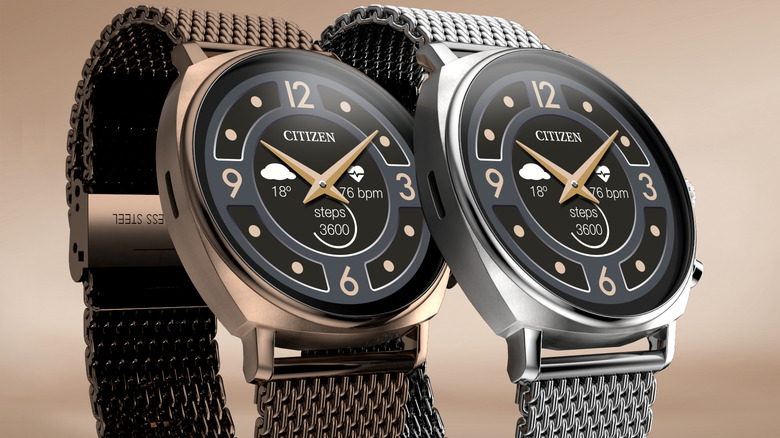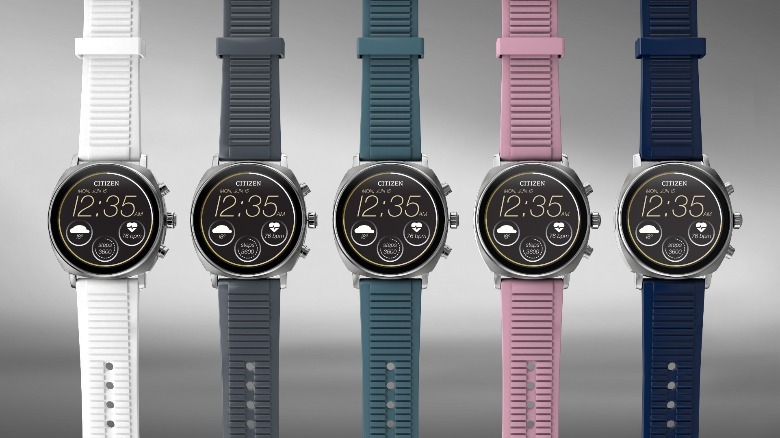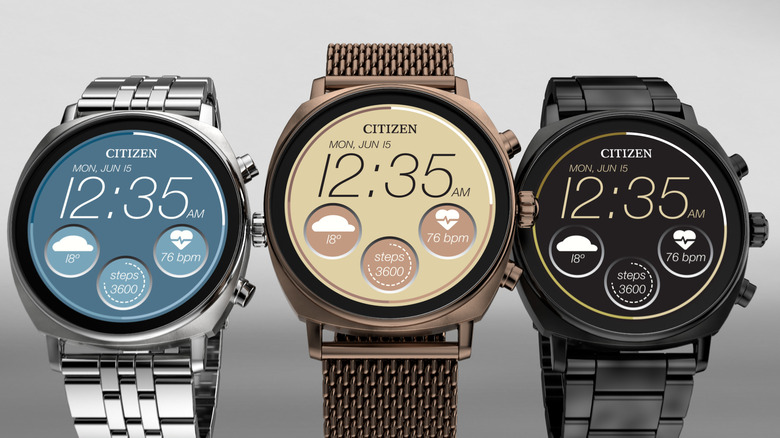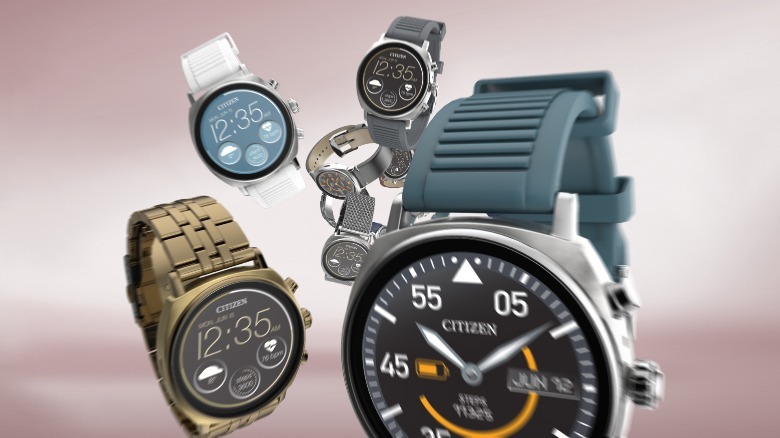Citizen's New Smartwatch Taps NASA Tech To Give You Astronaut Alertness
Citizen has a new smartwatch in its CZ Smart line, the CZ Smart PQ, which borrows research cooked up in NASA labs. Slated for release in March 2023 for the U.S. market, the latest Citizen offering comes in two styles, Casual and Sport, measuring 41m and 44mm. The company is claiming over 24 hours of battery on a single charge. It includes a round 1.28-inch AMOLED display with a resolution of 416 x 416 pixels. Powering the smartwatch is Qualcomm's Snapdragon 4100+ SoC, 1GB of RAM, and 8GB storage.
In addition to heart rate monitoring, the Citizen CS Smart PQ smartwatch is also capable of measuring blood oxygen saturation levels. The watch is compatible with both iOS and Android devices. Buyers can pick between silicone and metal bracelet straps for the Sport style, while Casual can be paired with a link bracelet, mesh bracelet, or silicone straps. Pricing starts at $375 for the Sport style, while Casual will set you back by at least $350.
The biggest draw of the Citizen CZ Smart PQ is the alertness monitoring system at its heart, developed using research from NASA and backed by IBM's Watson Studio data science platform. Integrated within the proprietary CZ Smart YouQ application, the idea behind the system is to help users "understand and anticipate patterns of fatigue and alertness."
What's the NASA goodness inside?
The WearOS-powered smartwatch comes with an Alert Monitor feature, which is bundled within the CZ Smart YouQ app and has been built on the foundation of NASA's Psychomotor Vigilance Task Test (PVT+). Considered the gold standard for testing fatigue in lab conditions, PVT+ is essentially a reaction-time test that also considers sleep and alertness data for performance analyses. The test serves as an indicator of sleep disturbances and misalignment of the circadian rhythm, which can vary thanks to ordinary things like a full moon.
In scientific terms, the PVT+ test is an evaluation of neurobehavioral changes in vigilance and attention, both of which are influenced by variations in the sleep cycle and regular body clock. Notably, NASA's PVT+ testing system is also available standalone in the App Store for Apple devices.
The CZ Smart YouQ system collects a whole bunch of biological metrics such as heart rate data, sleep patterns, activity levels, alertness, and chronotype for deeper personalization. Based on physical activity patterns, the CZ Smart YouQ app suggests actions to help counter the effects of fatigue. Called Power Fixes, these activity recommendations are also touted to boost alertness and the adoption of better lifestyle habits. Depending on how an individual's habits, sleep cycle, and alertness evolve over time, the power scores will also be adjusted accordingly.



